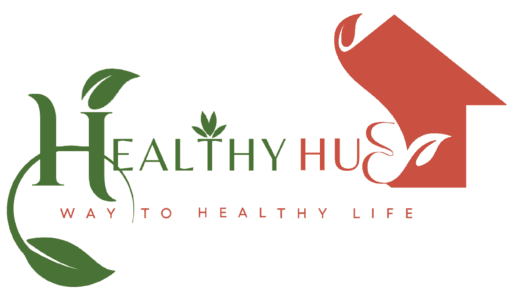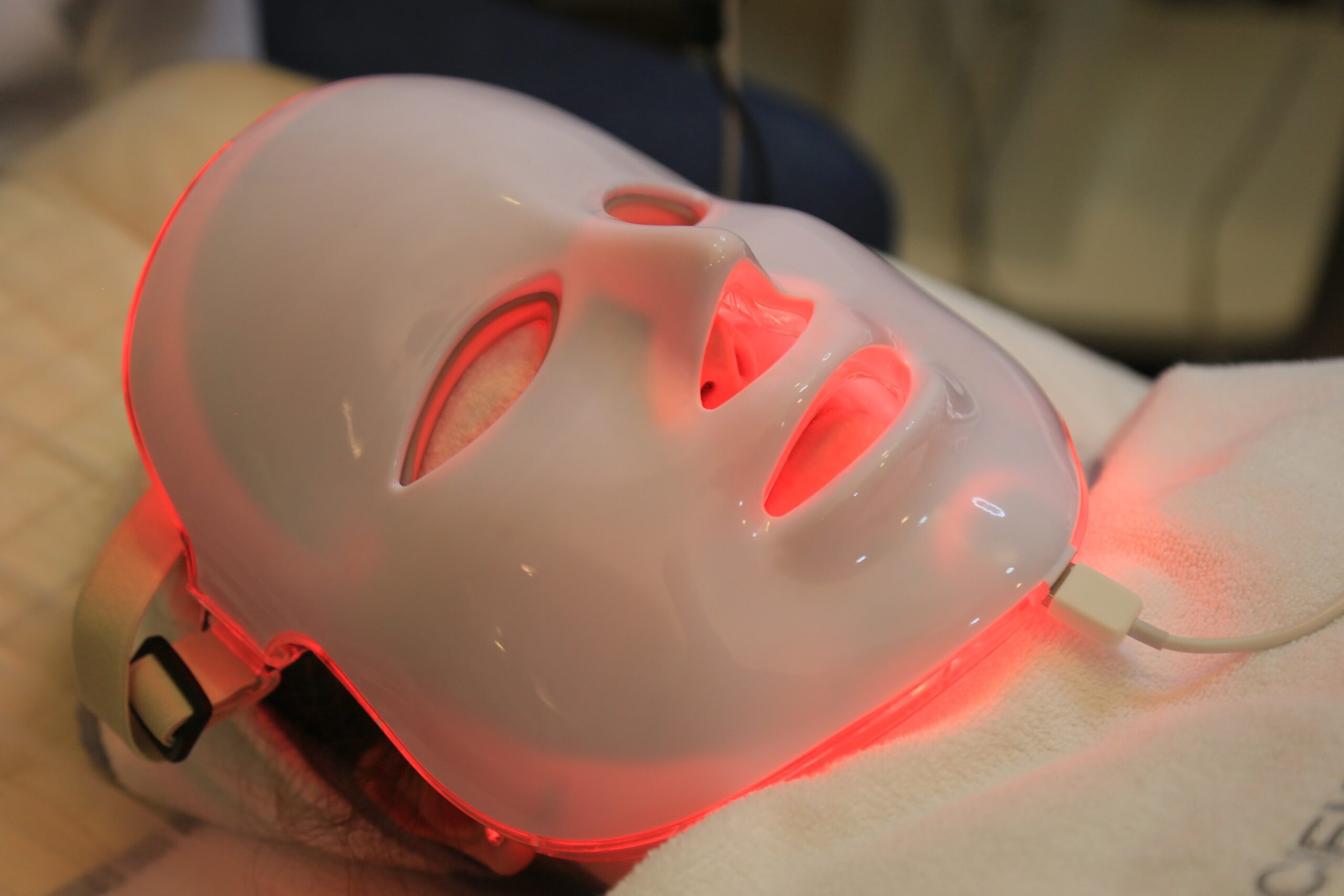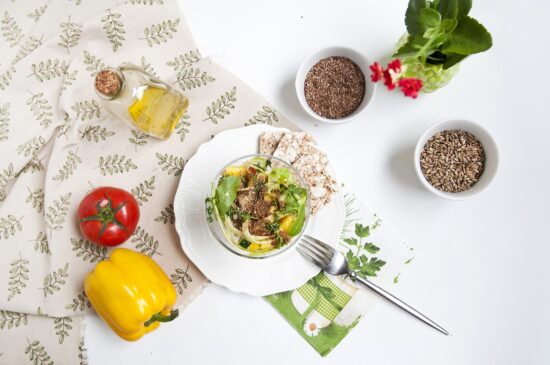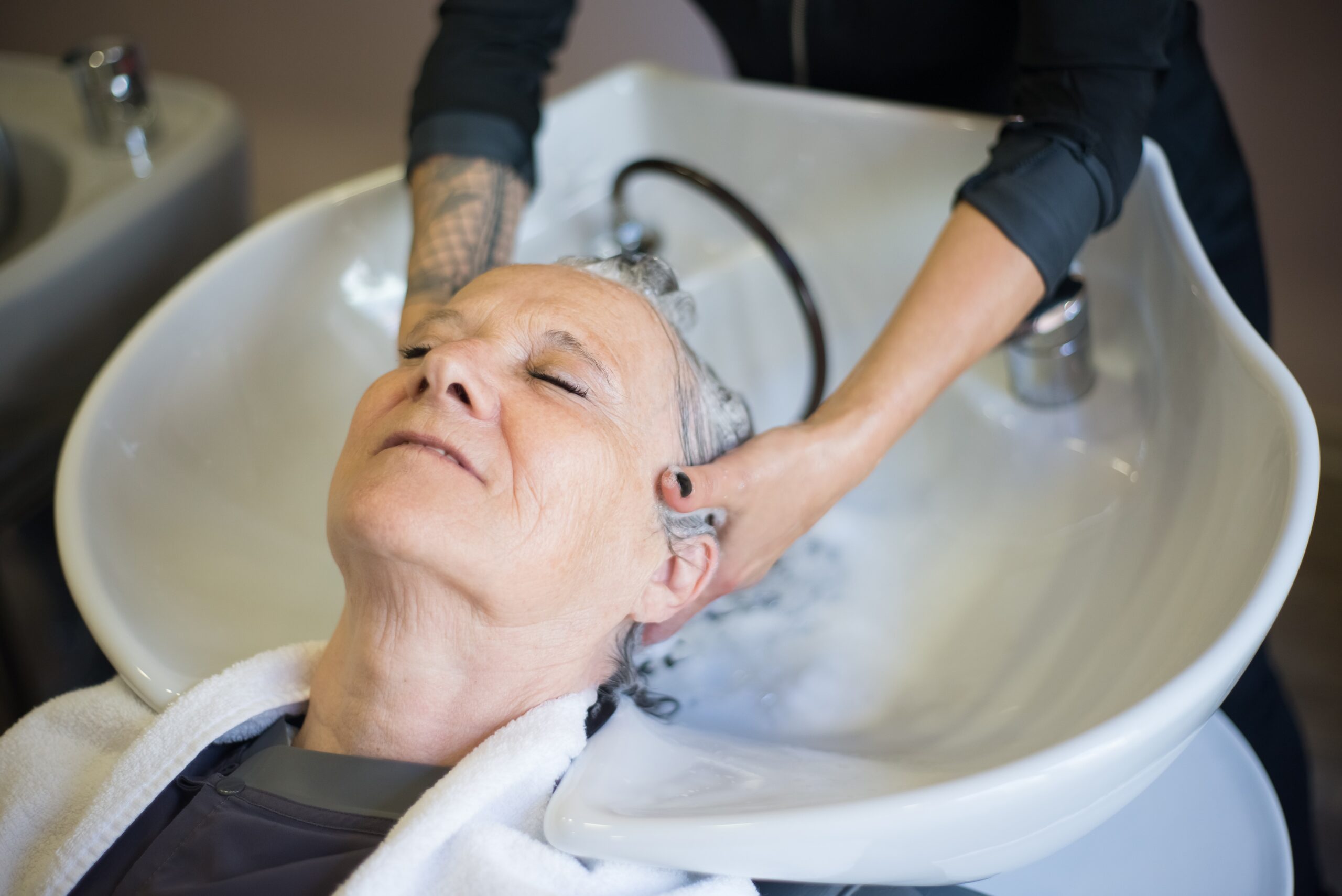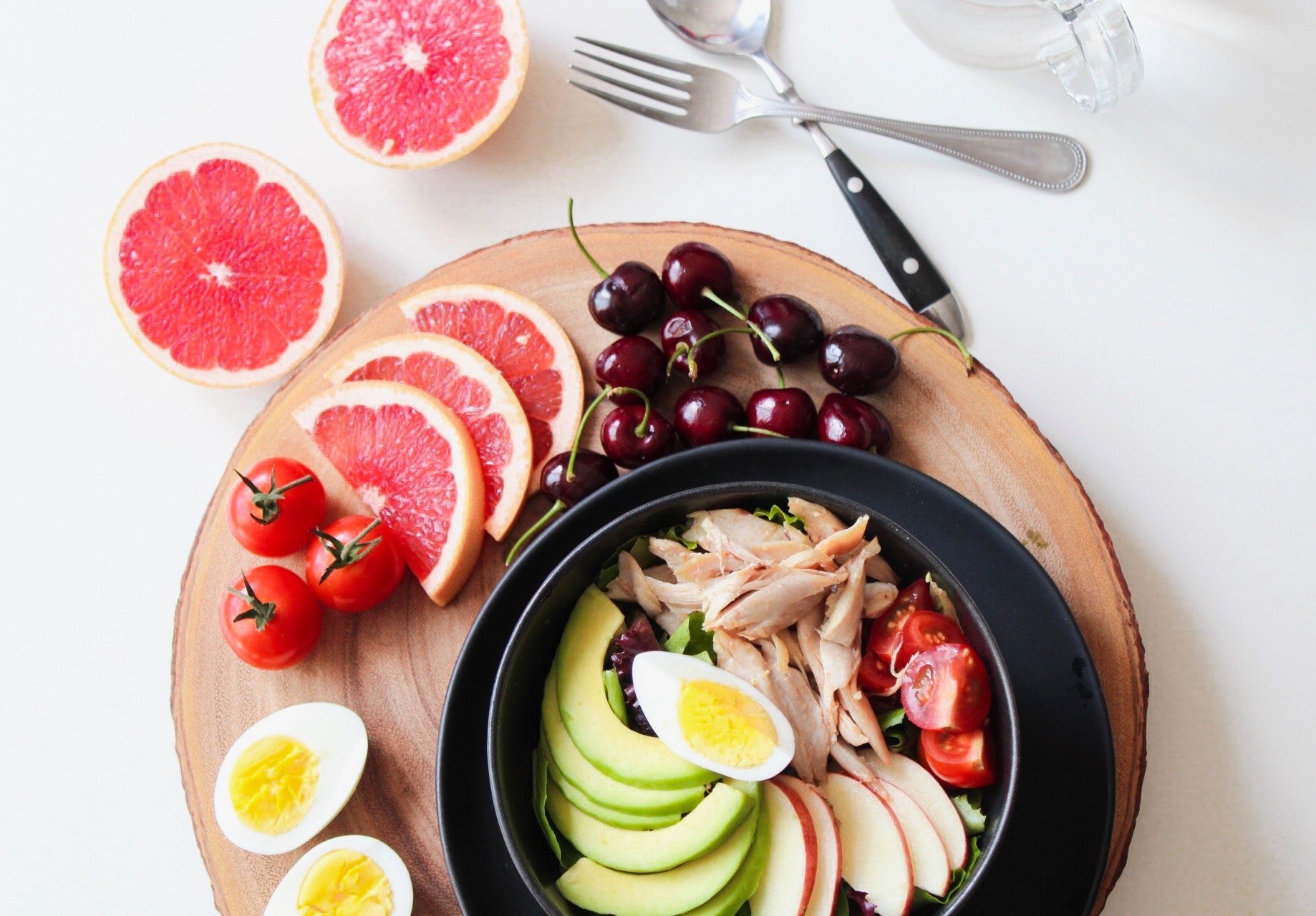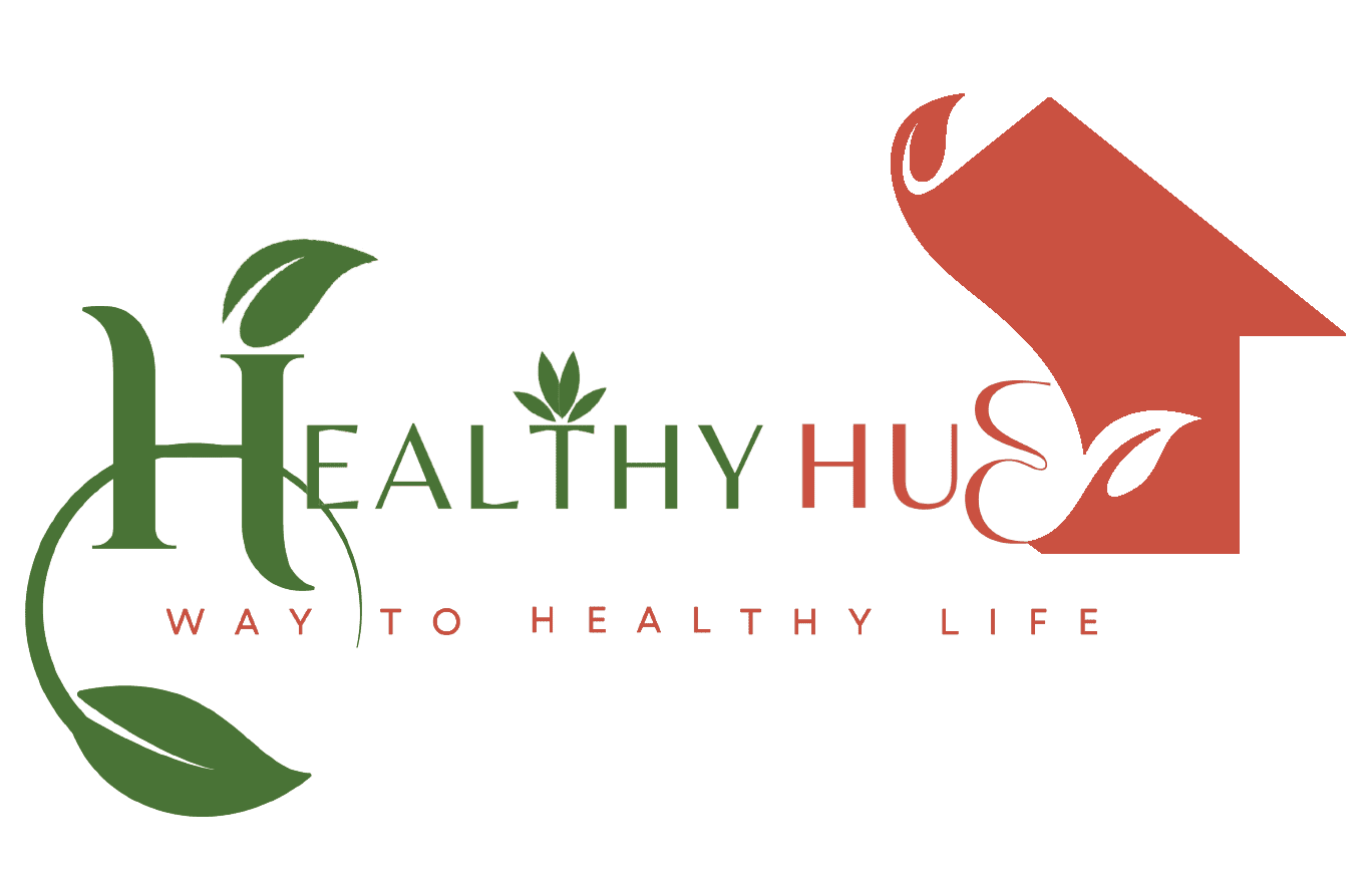Acne is more than just a teenage problem — it’s one of the most widespread skin conditions, affecting people of all ages across the UK. Pimples, blackheads, whiteheads, and cystic spots commonly appear on the face, neck, back, and chest, and can be both painful and emotionally distressing.
While many turn to medicated creams, antibiotics, or dermatologist-prescribed treatments, an increasing number of individuals are now exploring natural, plant-based solutions — known as herbal remedies — as a gentler and holistic alternative.
So, what’s the hype about herbal treatments for acne? And are they really effective for achieving clear, healthy skin?
Let’s take a closer look.
🌿 Why Choose Herbal Remedies for Acne?
Herbal remedies consist of natural ingredients derived from plants and are often free from synthetic chemicals, preservatives, and harsh substances. This makes them especially appealing for people with sensitive skin, or those looking for more sustainable and skin-friendly alternatives.
Here are a few benefits of choosing herbal remedies:
- 🌱 Fewer Side Effects compared to strong pharmaceutical treatments
- 🌍 Eco-Friendly and Sustainable
- 💧 Gentle on Skin, especially for long-term use
- 🧘♀️ Holistic Healing – supports overall skin health and inflammation control
While herbal treatments may take a bit longer to show results, they work in harmony with your body — helping you heal from the inside out.
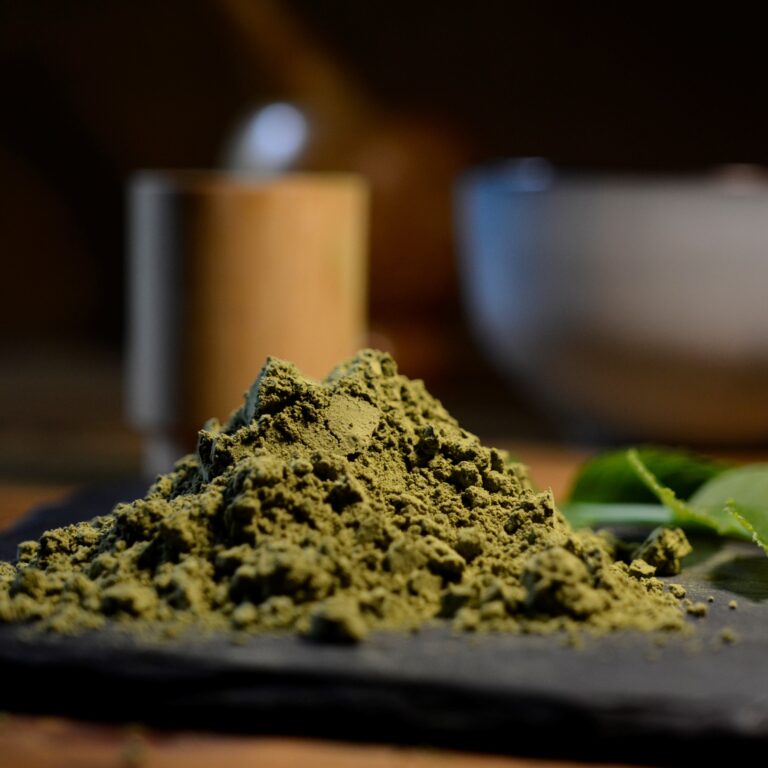
🌼 5 Powerful Herbal Remedies for Acne (Backed by Tradition & Science)
These natural acne-fighting ingredients are easy to find in the UK (at local health shops or online), and have stood the test of time:
1. 🧴 Tea Tree Oil
Why It Works:
Tea tree oil is a natural essential oil known for its strong antimicrobial and anti-inflammatory properties. It can kill acne-causing bacteria and reduce swelling or redness.
How to Use:
- Dilute a few drops of tea tree oil with a carrier oil (e.g. jojoba, coconut, or sweet almond oil)
- Dab gently on affected areas with a cotton pad
- Use once or twice a day — avoid overuse to prevent dryness
Tip: Do a patch test first, especially if you have sensitive skin.
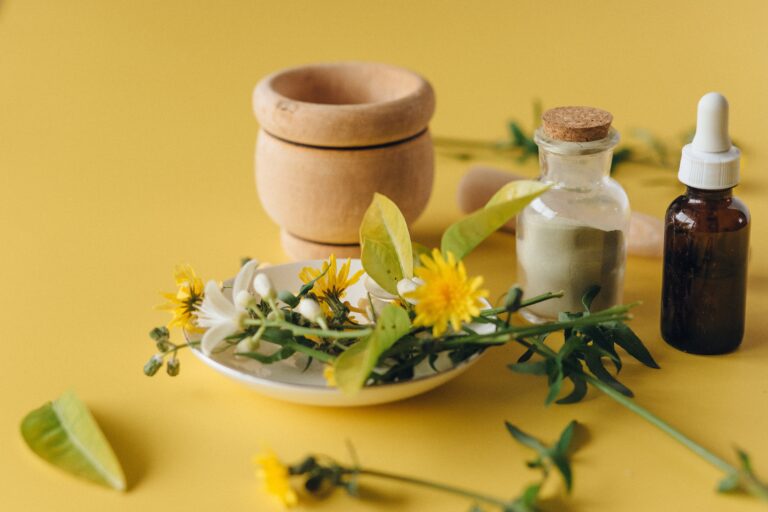
2. 🌱 Aloe Vera
Why It Works:
Aloe vera is widely used to soothe and cool inflamed skin. It also has mild antibacterial properties and helps heal wounds and scars caused by acne.
How to Use:
- Cut a fresh aloe vera leaf and extract the gel
- Apply directly to acne-prone skin
- Leave for 15–20 minutes and rinse with cool water
- Repeat 1–2 times daily
UK Alternative: If you don’t have fresh aloe, opt for a natural, 99% aloe vera gel with no added alcohol or fragrances.
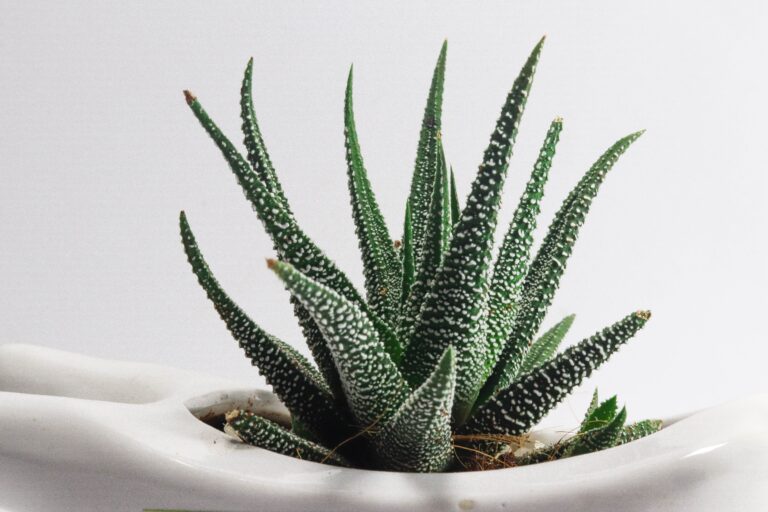
3. 🍵 Green Tea
Why It Works:
Green tea is rich in antioxidants and polyphenols which help reduce inflammation, kill bacteria, and balance sebum (oil) production.
How to Use Topically:
- Boil 1 tsp of green tea leaves in water
- Cool the tea and apply with a cotton ball to the face
- Leave on for 15 minutes before rinsing off
How to Use Internally:
Drinking 2–3 cups of green tea daily can support detoxification and internal cleansing.
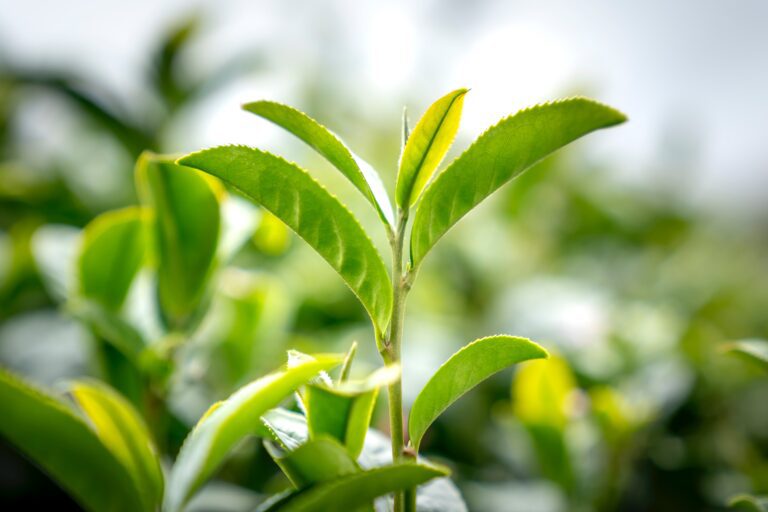
4. 🌿 Neem (Indian Lilac)
Why It Works:
Neem is a popular herb in Ayurvedic medicine. Its antibacterial, antifungal, and anti-inflammatory properties make it perfect for treating skin infections and clogged pores.
How to Use:
- Blend a handful of fresh or dried neem leaves with water to form a paste
- Apply to affected areas and leave for 10–15 minutes
- Rinse off and repeat 2–3 times a week
Alternative: Neem oil is also available in UK stores, but should be diluted before use.
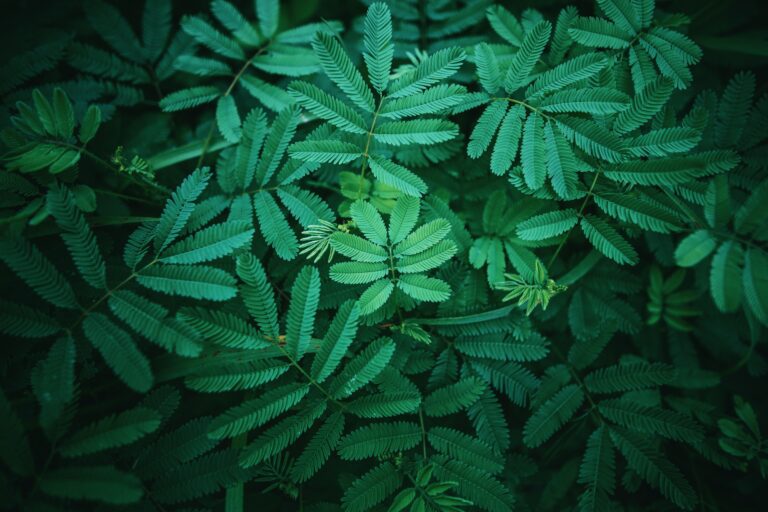
5. 🟡 Turmeric
Why It Works:
Turmeric is a powerhouse anti-inflammatory and antimicrobial spice that helps reduce acne lesions, lighten scars, and even out skin tone.
How to Use:
- Mix turmeric powder with honey or plain yogurt to form a paste
- Apply to spots and leave for 15 minutes
- Rinse thoroughly with warm water
Note: Turmeric can stain clothing and may leave a yellow tint on lighter skin — always rinse well!
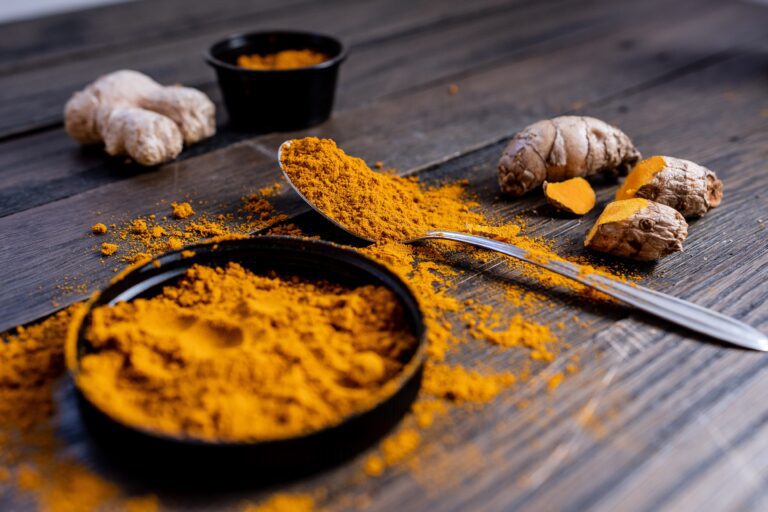
🧴 Summary Table: Herbal Remedies & Benefits
| Remedy | Key Benefit | Usage Tip |
|---|---|---|
| Tea Tree Oil | Fights bacteria, reduces swelling | Dilute before use |
| Aloe Vera | Soothes skin, heals inflammation | Use fresh gel if possible |
| Green Tea | Antioxidant-rich, oil balancing | Use both topically and internally |
| Neem | Kills bacteria, purifies skin | Apply as paste or diluted oil |
| Turmeric | Reduces redness, fades scars | Mix with honey or yogurt |
🛑 Herbal Remedies: Precautions to Keep in Mind
While herbal treatments are generally safe, keep the following in mind:
- Always patch test new ingredients
- Avoid using multiple new remedies at once
- Consult a skin specialist if you have severe or cystic acne
- Stay consistent — natural healing takes time
🌿 Final Thoughts: Nature Knows Best
Herbal remedies offer a gentle, effective, and affordable way to treat acne and promote clear, glowing skin. Whether you’re looking for a natural solution or trying to cut back on chemical-based skincare, these remedies can be a great start to your natural skincare journey.
From tea tree oil to turmeric, the earth has provided powerful tools to help us look and feel our best — we just need to know how to use them!
📢 Stay Tuned with Healthy Hub UK
We’ll be sharing herbal face masks, DIY skin toners, and detox drinks to help you manage acne from both inside and out.
💚 Bookmark HealthyHub.uk for more trusted advice on wellness, skincare, gut health, and holistic living in the UK.
